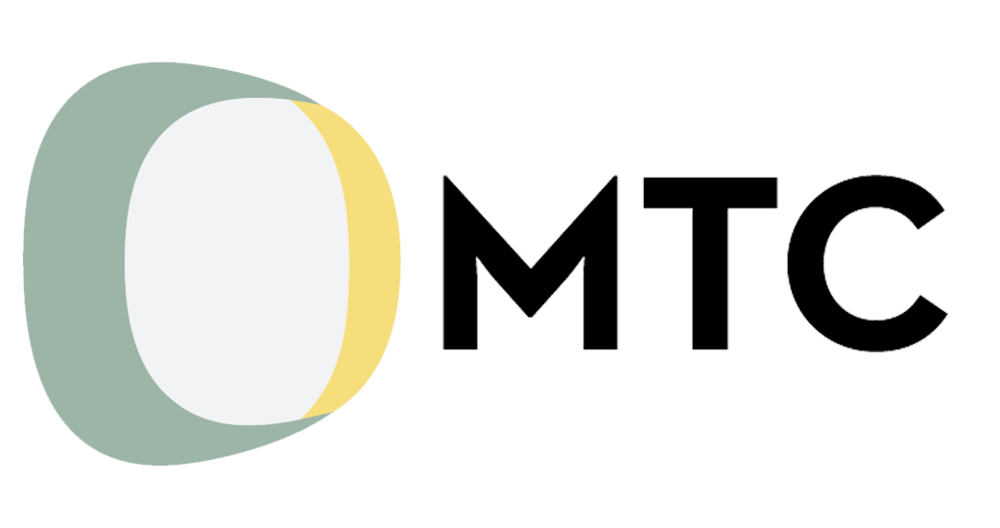Simplified Regime vs Organized Accounting: Which is best for your business?
Publication Date: 02/06/2025
When starting or managing a business in Portugal, choosing between the Simplified Regime and Organized Accounting is a key fiscal decision.
Each regime has specific characteristics that can significantly impact your tax burden and legal obligations.
Next, we will explain each regime so that you can understand which one is most suitable for your business.
Simplified Regime
Key Features:
Applicable to self-employed individuals and sole proprietors with annual gross income below €200,000.
Taxation is based on applying coefficients to gross income, with a presumed percentage considered as expenses.
Hiring employees is not permitted under this regime.
Advantages:
Lower administrative and tax complexity.
Reduced operating costs due to simplified compliance requirements.
Suitable for activities with few deductible expenses.
Disadvantages:
Deduction of actual expenses is limited to 15% of gross income (with some legal exceptions).
Significant business costs may not be considered for tax purposes, increasing the taxable income.
Less detailed control over the financial status of the business.
Not suitable for businesses that need to hire employees.
Organized Accounting
Key Features:
Mandatory for commercial companies and for self-employed individuals with annual gross income exceeding €200,000.
Taxation is based on actual profit, considering all proven income and expenses.
Allows hiring employees and detailed reporting of all business-related costs.
Advantages:
Full deduction of business-related expenses, reducing the taxable base.
Greater financial accuracy and control, which supports better management and planning.
Enables loss carryforward to future tax years.
Flexibility in organizational structure, including the ability to employ staff.
Disadvantages:
Higher administrative complexity and stricter tax obligations.
Additional costs related to accounting services, due to detailed financial reporting requirements.
Final Considerations
The choice between these two regimes should be based on your business structure and cost profile. Under the Simplified Regime, expense deductions are limited to 15% of gross income, which can penalize businesses with higher operational costs, leading to an artificially increased tax base.
On the other hand, Organized Accounting allows full expense deduction, offers greater financial visibility, and permits the hiring of employees — which is not possible under the Simplified Regime.
Therefore, if your activity involves significant costs or you plan to expand by hiring staff, Organized Accounting is likely the most beneficial option. For simpler operations with low expenses and no human resource needs, the Simplified Regime may suffice.
If you're unsure which regime best fits your situation, don’t hesitate to contact us. Through a tailored tax consultation, we can assess your case and provide clear, professional guidance.
If you're looking for an accountant for your business, get in touch with us.
